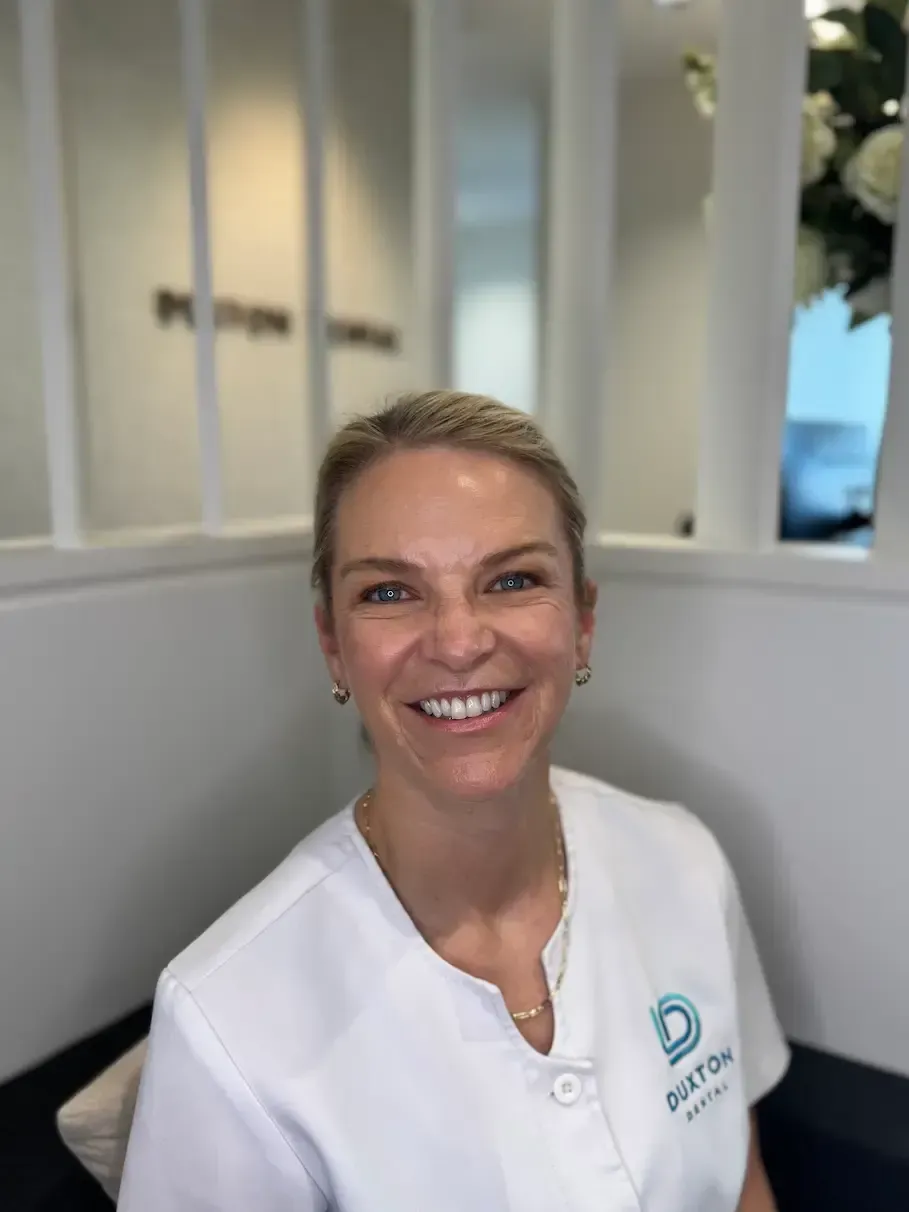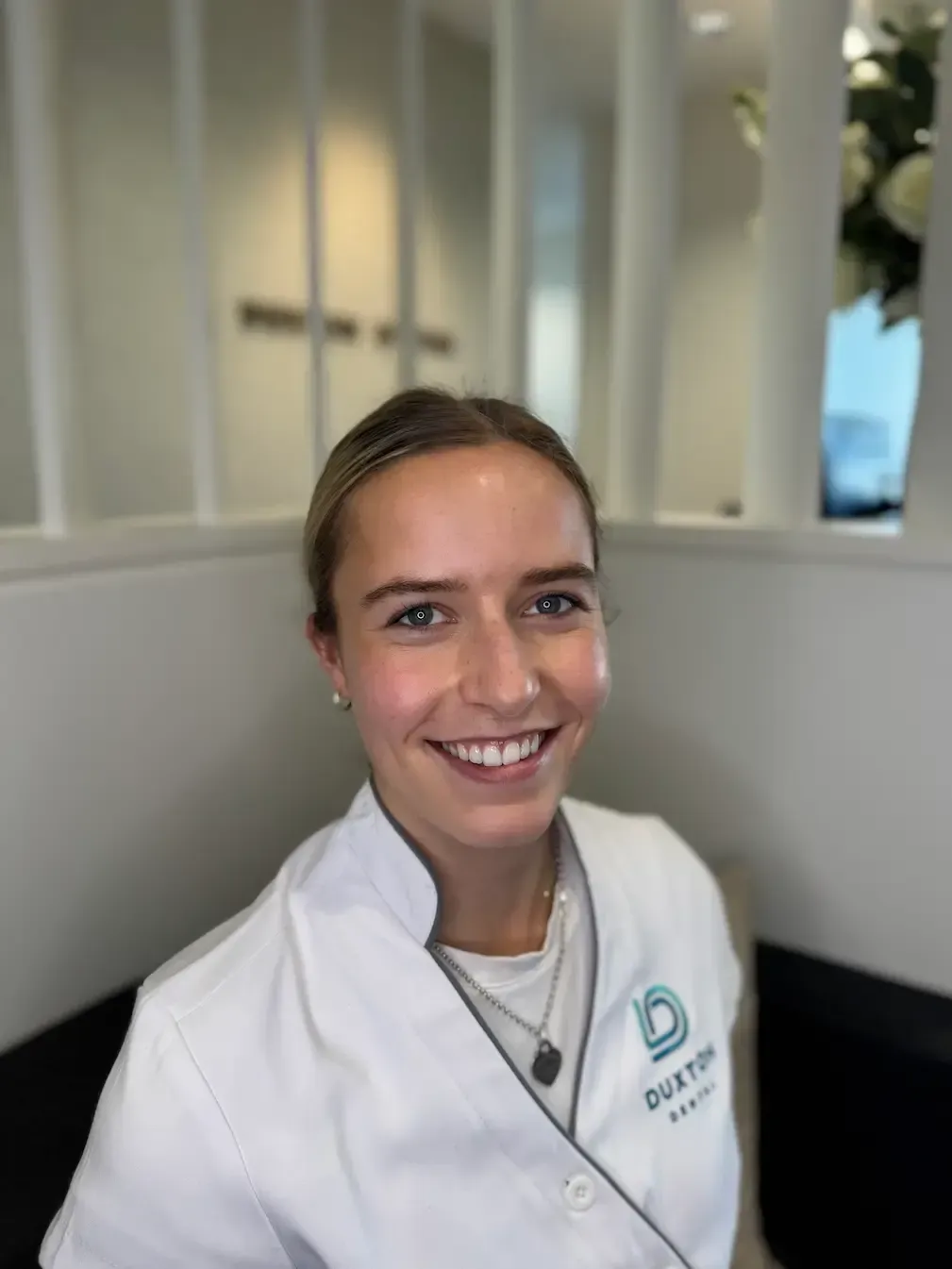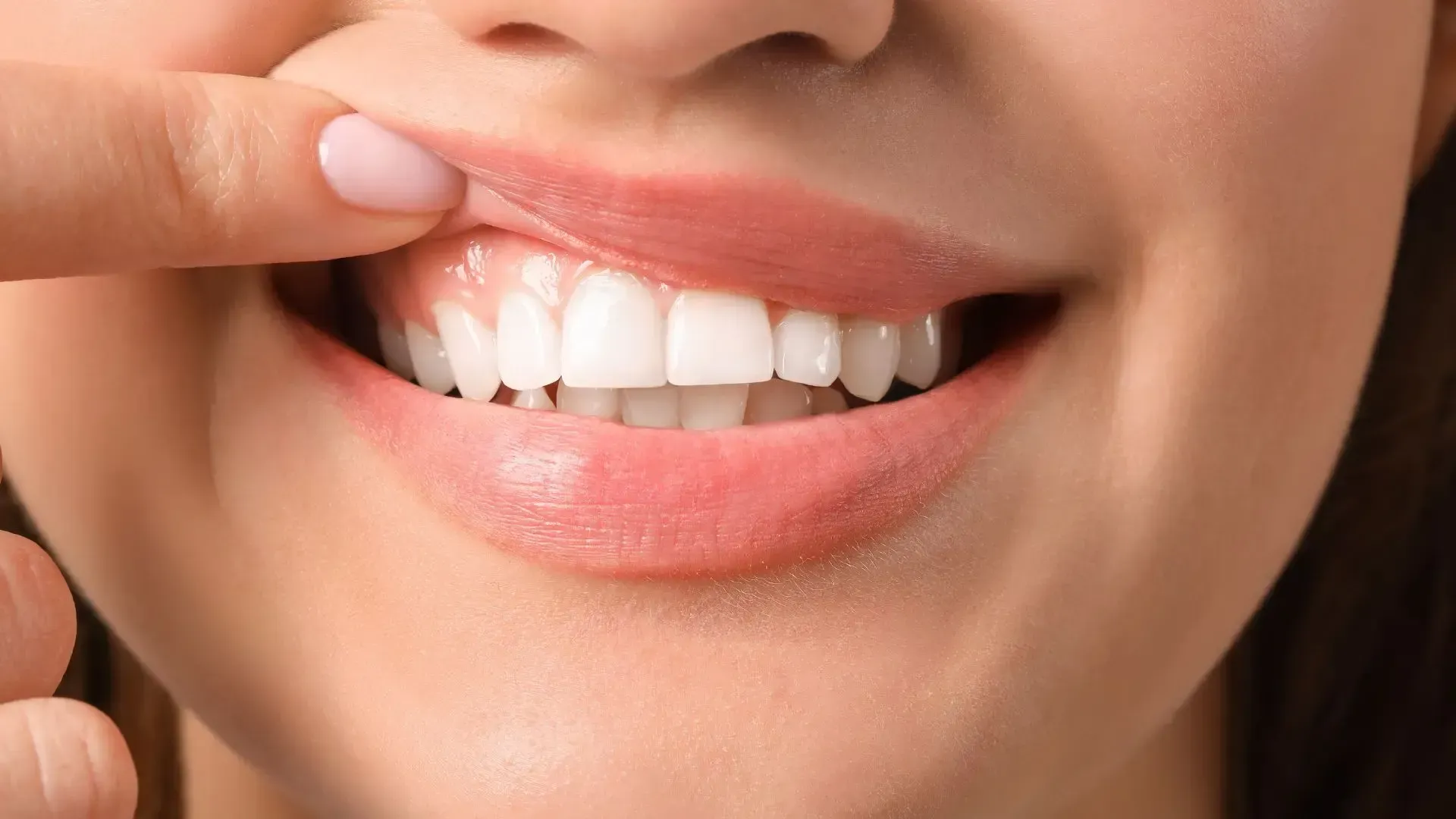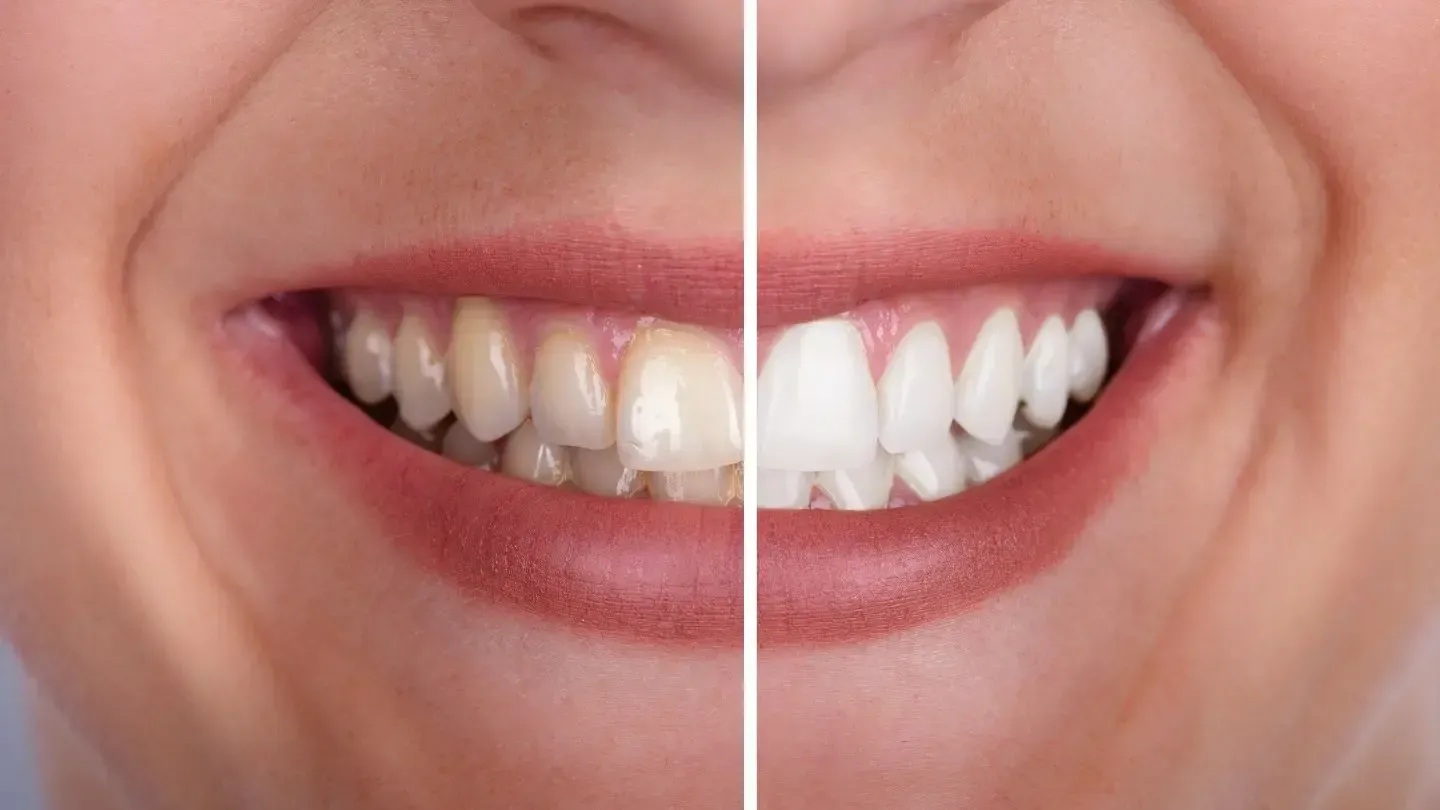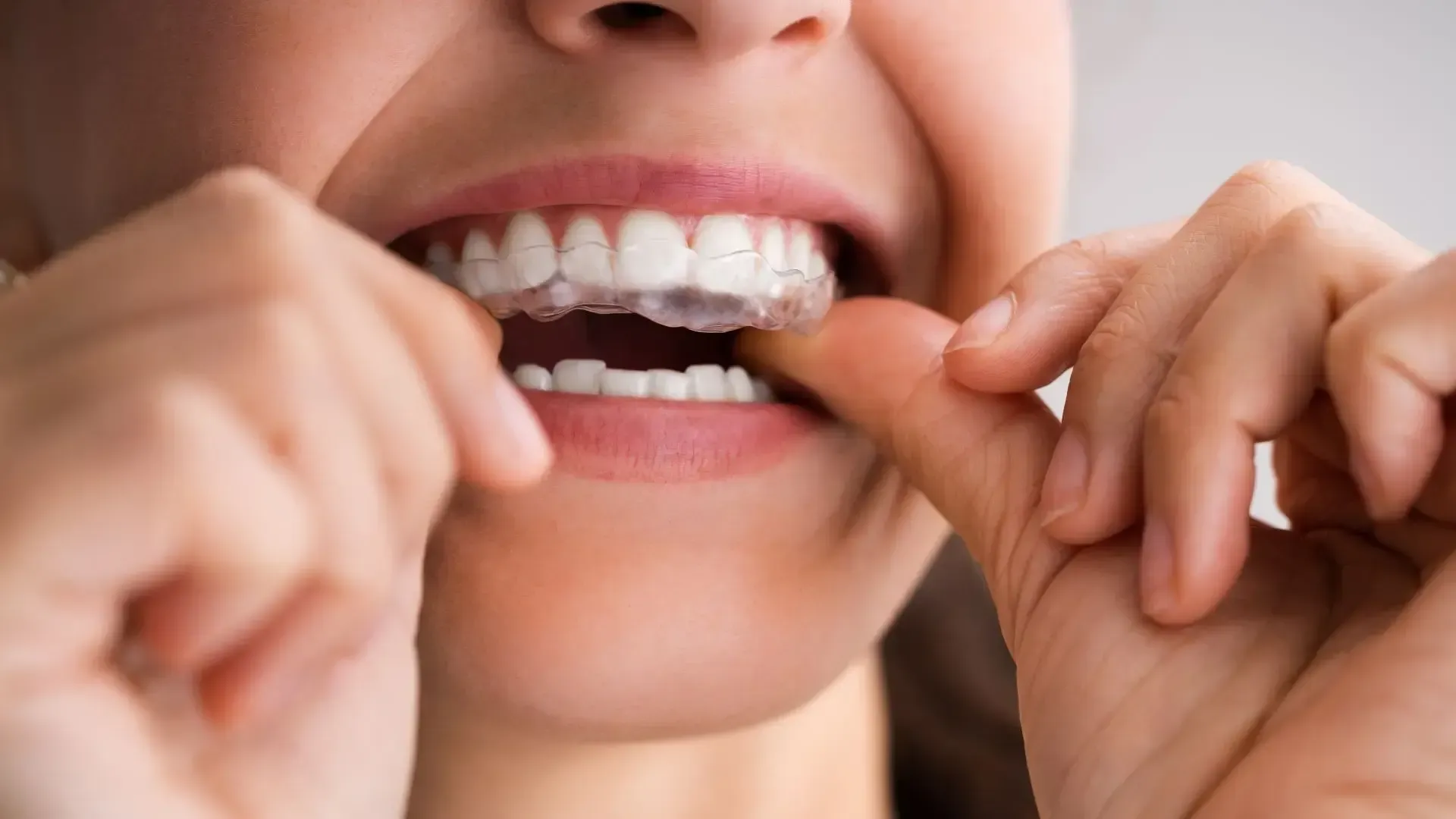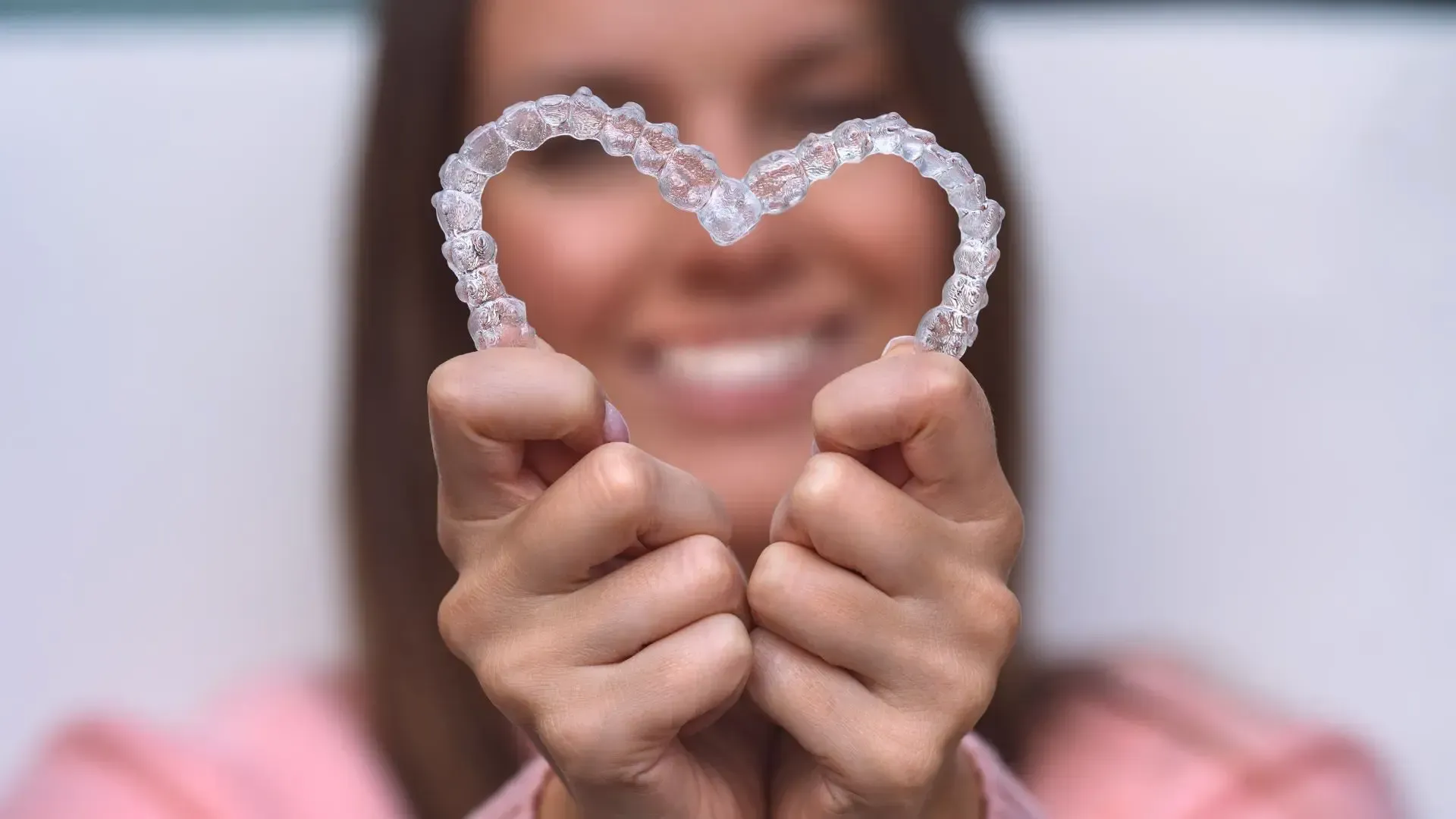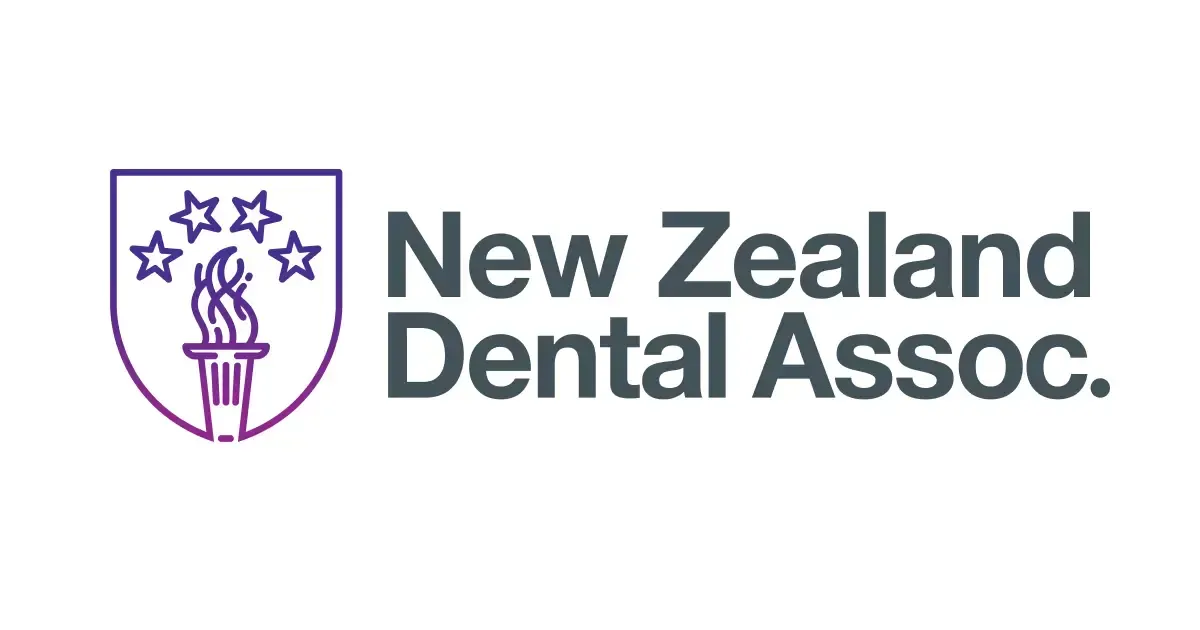Say Goodbye to Sensitive Teeth
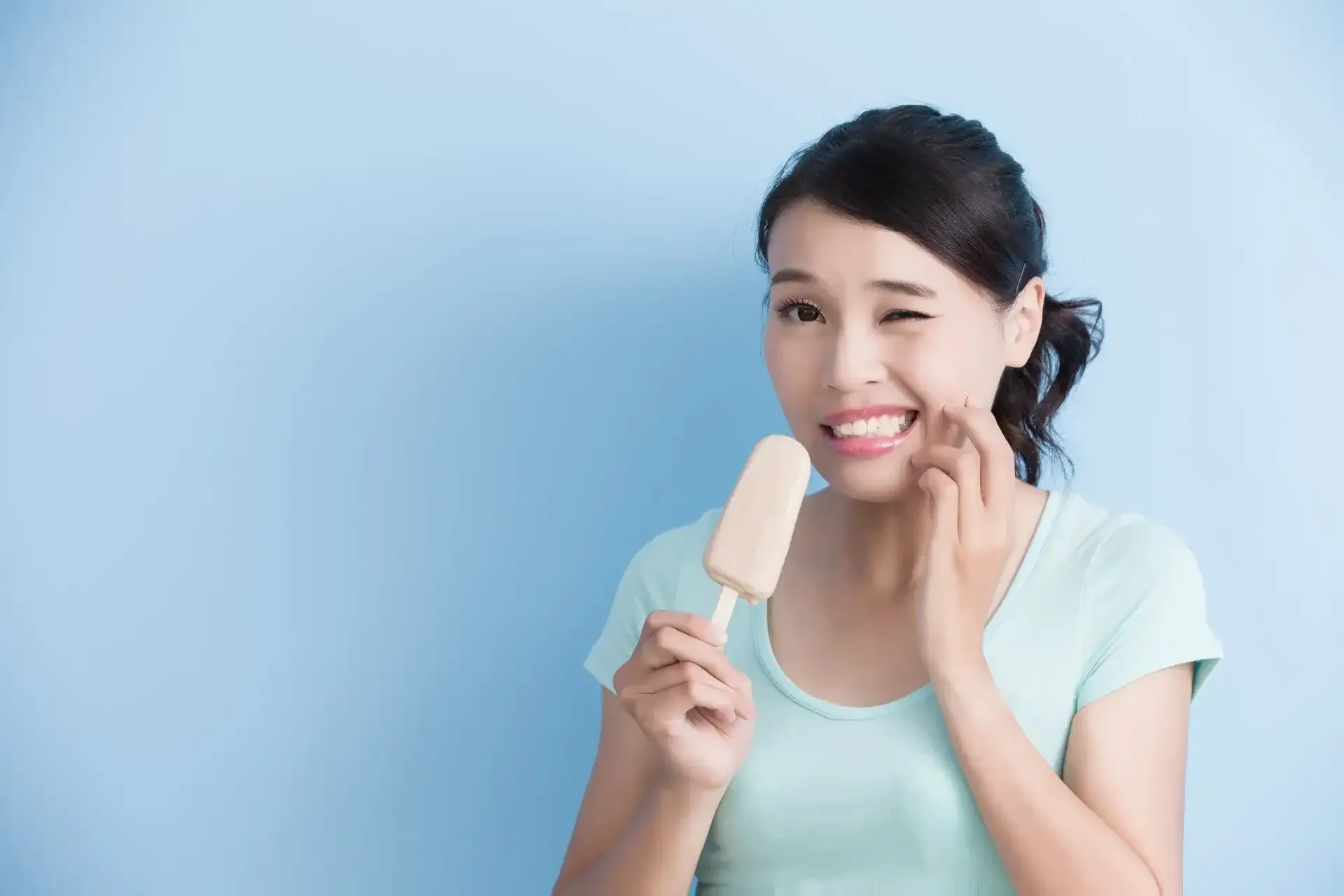
Sharp, sudden, and shooting: the pain of sensitive teeth. Having sensitive teeth is no fun. Regular and necessary activities such as eating, drinking, and brushing your teeth cause painful sensations and discomfort. It’s one of the most common causes of toothache we see in Duxton Dental’s clinics in Christchurch.
What causes sensitive teeth?
People typically associate sensitive teeth with the consumption of cold food and drinks, but as many of you will appreciate, hot and even too sweet or spicy food and beverages are also guilty of triggering pain. Sensitivity happens when enamel loss or receding gum tissue exposes dentin, the porous tissue in your teeth, which gives easy access via the microscopic channels called tubules to the nerves.
Let’s take a look at the main causes of sensitive teeth:
Brushing your teeth too hard
You know how important dental health care is, which is why you are a stickler for brushing your teeth. However, are you brushing your teeth properly? Using a brush that’s too hard or being too vigorous will damage the enamel over time. Treat your teeth like the gems they are.
Grinding your teeth
Often a sign of underlying stress and anxiety, teeth grinding is a nocturnal habit you may not even be aware you have until your dentist informs you at your regular check-up. Dental treatment such as a mouth guard is recommended to avoid infection or a dental abscess developing.
Gum disease
Gum disease causes the soft tissue around the tooth to pull away, leaving the tooth vulnerable to infection. If you are suffering any pain, it’s important to get your teeth examined as soon as possible to prevent any issues escalating. Healthy gums reduce tooth sensitivity and protect your teeth!
Teeth whitening treatment
Some people experience sensitive teeth after they’ve had their teeth whitened – especially if they have visited an unregulated practitioner who has used harsh chemicals. The best teeth whitening dentists ensure your teeth can cope with the process and use a desensitising single dose application for additional protection.
How to help sensitive teeth
When your mouth is sore the temptation is to leave well alone; however, maintaining your oral health routine is so very important for successful sensitive teeth treatment.
1. Book an appointment with your dentist. Duxton Dental have accessible dental clinics in Christchurch, you can come before or after work – don’t put it off.
2. Use a soft toothbrush and gently clean your teeth and gums.
3. Use toothpaste formulated for sensitive teeth such as Sensodyne or Toothmousse – it requires regular use; the more you use it, the greater the benefit.
4. Floss twice a day.
5. Avoid drinking alcohol.
6. Avoid smoking.
7. Avoid drinking a lot (6 cups) of caffeinated drinks.
8. Avoid trigger foods.
Having sensitive teeth does not need to be permanent condition. You do not have to adjust to a ‘new normal’ way of living where you are unable to eat and drink what you wish or feel anxious in anticipation of the next attack. Quality dental care reduces the opportunity for sensitive teeth to take hold, optimises gum health and boosts general health.
To learn more about how Duxton Dental can treat your sensitive teeth, call 03 348 5488 to make an appointment.




